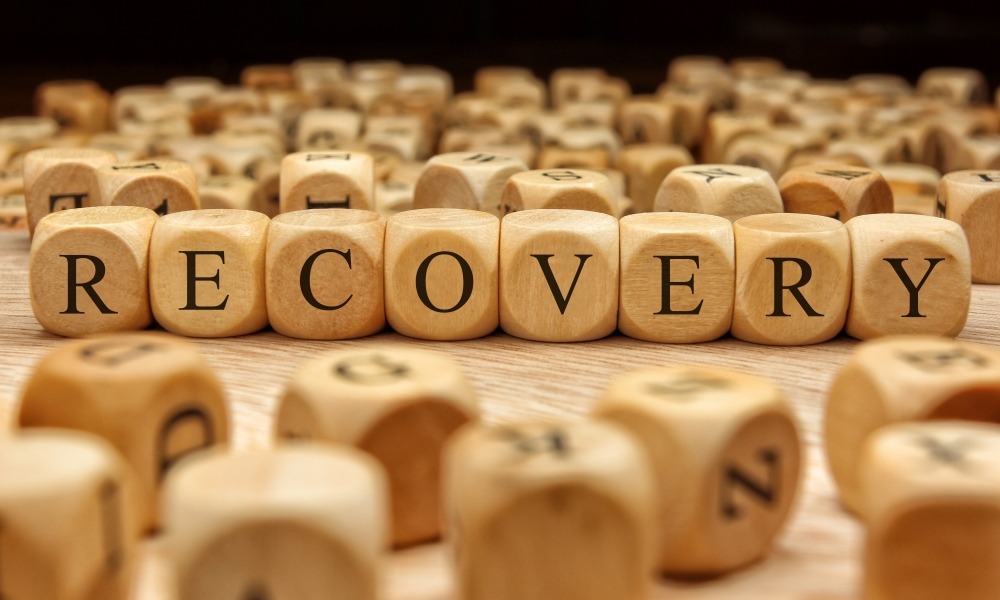Selecting the best addiction recovery center isn’t a simple task. Searching for a random center listed under “best recovery facility” isn’t as simple as comparing program prices or heading for the closest addiction recovery program. Choosing a Columbus rehab center is rather serious business, but finding the best fit can make a significant difference to the individual who’s ready to begin the recovery process.
Choosing an Addiction Recovery Center
Before selecting a rehab center, make a list of what’s important to you, including:
• Price of the program. If you’re looking for an addiction program that’s covered by your health insurance, ask questions when you contact the recovery facility. If you or a loved one is happy to pay for the program out-of-pocket (in part or in full), you’ll have more program choices.
Note that new legislation facilitates addiction treatment coverage. The Mental Health Parity & Addiction Equity Act says that insurers are required to cover addiction treatment as they do most surgical or medical conditions. This allows more people struggling with addiction to use insurance or health benefits to pay for addiction rehab services.
Look for a recovery center willing to work with you and your insurer to obtain payment for an addiction treatment program. Before selecting a treatment recovery facility, ask the staff to determine your eligibility and insurance coverage. Ask if the facility will bill your insurance to limit your out-of-pocket costs. The cost of addiction treatment may be 100 percent covered by insurance.
• Location of the facility. Selecting the location of your treatment center may be a tough decision. There’s no single best answer. Being near to your family support can be positive. If the treatment center is close to your home, it may be possible for friends and family to visit. However, consider what elements of your environment may have contributed to the addiction. A center close to home might not be the best choice in that case.
• Program orientation. Some programs follow classic models for sponsored addiction recovery but others prefer to focus on a medical treatment model. Program differences may play an important role in choosing the best program. For instance, it might be challenging for a non-religious individual to enter a program that relies on “higher powers.” Similarly, a spiritual person may prefer a program that addresses the spiritual components of addiction.
• Program duration. Ask about the duration of the residency program offered and how the facility discharges the patient. The answers to these questions may play a crucial role in the level of support you have in the days to weeks after you leave the program.
• The Drug Industry. Those recovering from drug addiction can benefit from an array of treatment programs and services that heal both spiritual and psychological wounds. A rehab center that uses evidence-based medicine to teach coping and aftercare skills can help the individual live a happy life in the real world.
Additional Factors
An established drug rehab facility offers addicts a medically-supervised program and an opportunity to step away from life for a short period of time. Such programs provide addicts with necessary tools to keep clean and sober.
Maintaining a positive outcome over the long-term for a recovering addict involves social support as well. The patient must have social support after he or she graduates from the drug rehab program. A study published by researchers at Rutgers University (“Journal of Studies on Alcohol & Drugs”) evaluated the outcomes for drug abusers in peer-support programs. The study determined that the individual’s outlook and coping skills are essential to the individual’s long-term sobriety.
Clinical Approach to Addiction Recovery
Those searching for an addiction center in Ohio generally want a group of compassionate professionals involved to facilitate their recovery. Each member of the treatment team should have unique strengths that help the individual and his or her family to overcome negative habits and behaviors that have held them back.
Long-term recovery from substance abuse is possible. However, it’s essential for the individual in recovery to be treated as a whole person. Addiction disorders extra a heavy price from the addict. Perhaps he or she has struggled with substance abuse for many years. Today, his or her world has come to a standstill. He or she may feel demoralized and hopeless.
Some patients feel it’s necessary for them to move past this dire hopelessness to get better. An experienced treatment center typically considers co-factors before treating the individual, including trauma, other disorders, and additional medical conditions.

